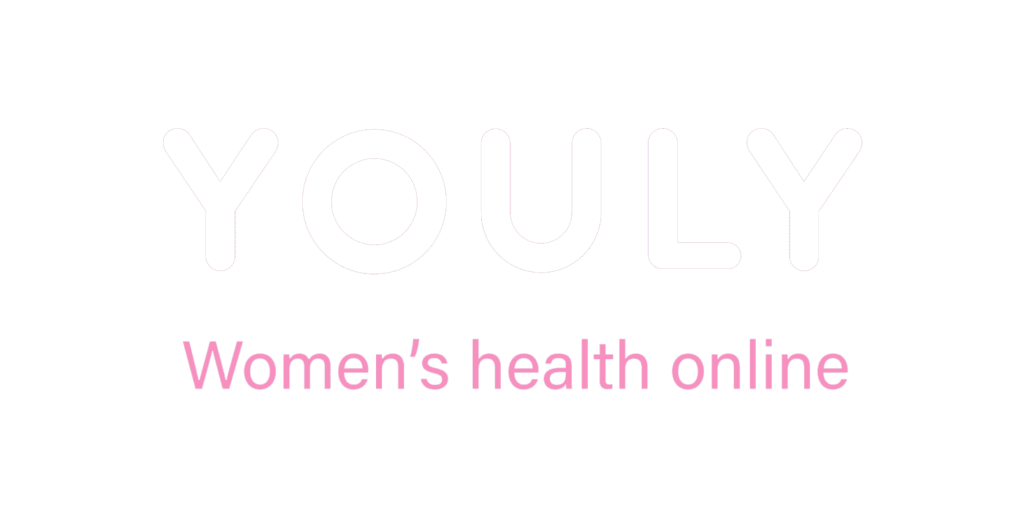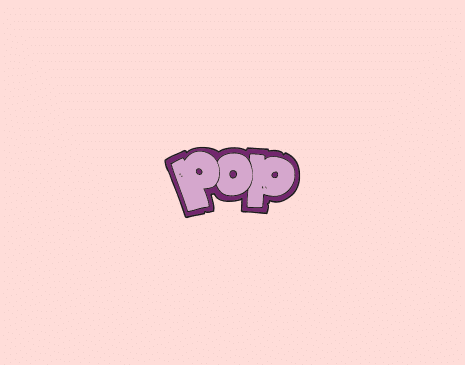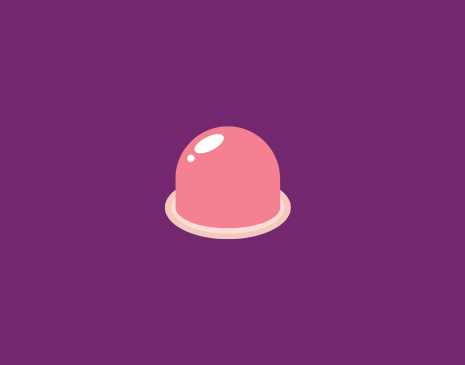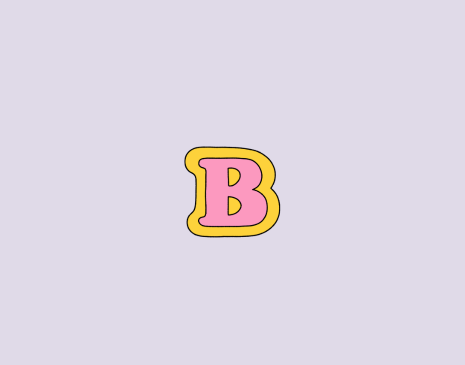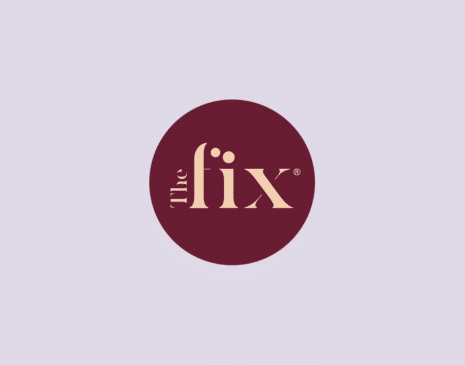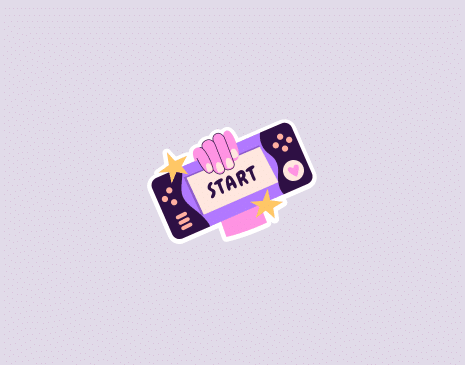If you’ve ever battled with acne blemishes, you’re probably no stranger to the tempting urge to give them a good squeeze. But hold up! Before you dive into acne popping, let’s take a moment to ponder: should you do it?
Acne – the eternal nemesis of clear skin – has sparked countless debates, especially when it comes to the age-old question of popping or leaving it be. Now it’s time to learn the dos and don’ts of acne popping to make an informed decision about your skincare routine.
Understanding Acne
Acne vulgaris is a prevalent skin condition that can feel like an unwelcome intruder disrupting your skincare routine. But what exactly is acne? It’s a multifaceted issue that appears in various forms and severity levels, making it a diverse and challenging condition to address.
Types of Acne
Let’s break down the different types of acne you may be dealing with:
Comedones: These are the culprits behind clogged pores, manifesting as blackheads or whiteheads. They’re the quiet troublemakers causing subtle chaos on your skin.
Inflammatory Acne: This type of acne includes papules, pustules, nodules, and cysts, wreaking havoc with redness, swelling, and discomfort.
Hormonal Acne: The unpredictable blemishes influenced by hormonal fluctuations. Hormonal acne loves to pop up unexpectedly during certain times of the month, courtesy of fluctuating hormones. Find out what causes hormonal acne.
Acne Rosacea: Consider rosacea acne’s quirky cousin, with its own distinct set of symptoms and characteristics. It gives your face that perpetual rosy hue, making it stand out in the crowd. Find out how to get rid of rosacea.
Cystic Acne: The most severe form of acne, characterised by deep, painful cysts beneath the skin’s surface. These large pimples are often inflamed, and filled with pus, causing significant discomfort and leaving behind stubborn scars.
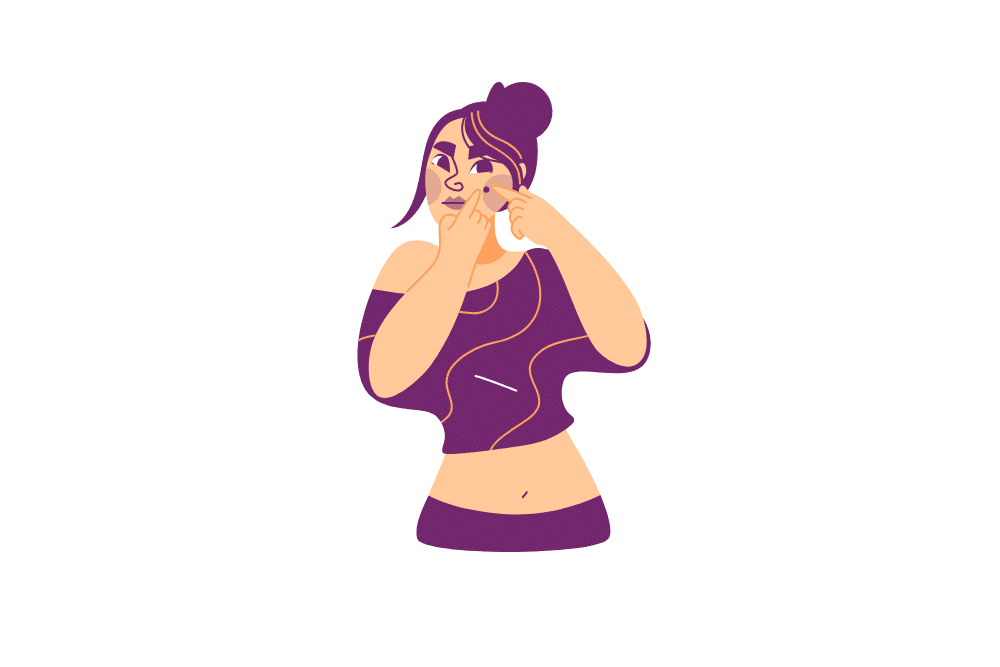
Acne Causes
Now, onto the causes behind acne:
Too Much Oil: Your skin’s oil glands sometimes go into overdrive, producing more oil than necessary and leading to clogged pores and the occasional painful pimple.
Clogged Pores: Dead skin cells and debris accumulate in your pores, providing a breeding ground for acne-causing bacteria.
Pesky Bacteria: Enter P. acnes – the party crasher in your clogged pores, causing inflammation and those not-so-lovely red bumps.
Hormonal Roller Coaster: Hormones love to play tricks, especially during puberty, menstruation, or pregnancy, sending your skin on a wild ride.
Genetics: Thanks, Mum and Dad! If acne runs in the family, you might also be more predisposed to dealing with it.
Implications: The Aftermath of Acne
Now, for the not-so-fun part: the potential impact of acne:
Acne Scars: Picking at your pimples can leave behind battle scars, serving as reminders of a large pimple long after it’s gone.
Dark Spots: Ever had a pimple leave behind a dark mark? That’s post-acne hyperpigmentation, and it’s not exactly a fond memory.
Emotional Rollercoaster: Acne isn’t just a skin issue; it can impact your confidence and mood, making you feel a little antisocial until it clears up.
Armed with this understanding, you’re better equipped to tackle those pesky pimples head-on. It’s not just about what you see on the surface; there’s much more going on beneath the skin.
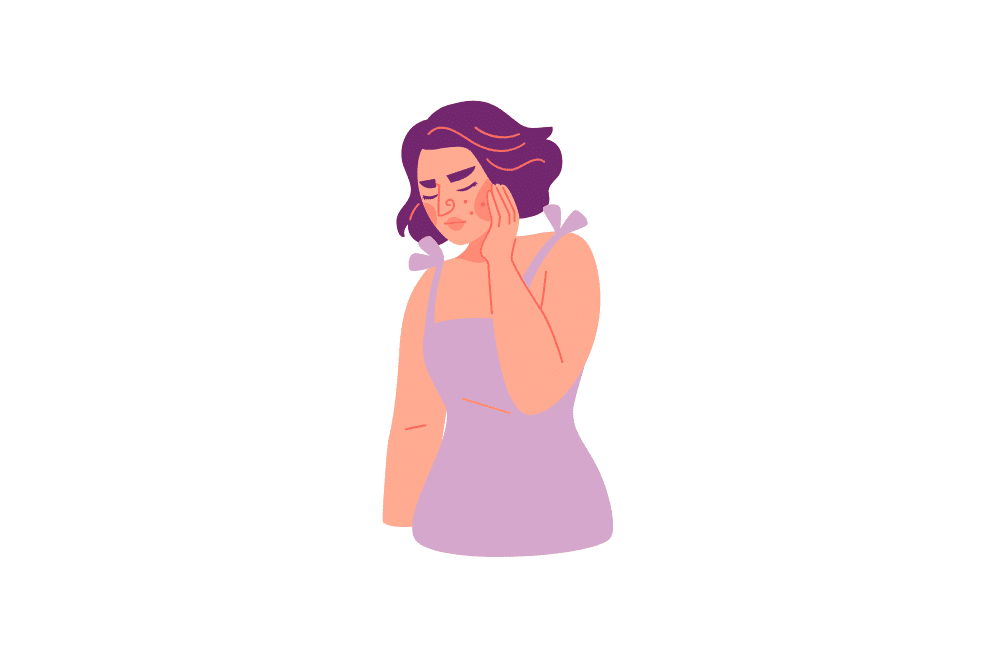
The Urge to Squeeze: Why Do We Feel Compelled to Pop?
The irresistible temptation to pop that pesky pimple! We’ve all been there, fingers hovering over the mirror, eyes fixated on the offending bump. But have you ever wondered why we feel this overwhelming urge to squeeze? It’s not just about clearing your complexion; a complex interplay of psychological and emotional factors is at play.
Instant Gratification
There’s something undeniably satisfying about seeing that whitehead or blackhead ooze out. The immediate relief and visual confirmation of removing the gunk can be oddly gratifying, providing a sense of accomplishment in banishing the blemish.
Sense of Control
Acne can feel like it’s calling the shots, disrupting your confidence and sense of control over your appearance. Being a pimple popper can offer a fleeting sense of control in an otherwise frustrating situation, empowering you to take matters into your own hands.
Social Pressure
In an era where flawless skin is often equated with beauty and success, the pressure to have clear skin can be immense. The fear of judgement or ridicule from others can drive you to desperate measures to eradicate any imperfections, including resorting to popping pimples.
Psychological Relief
For some, the act of popping pimples may serve as a coping mechanism for stress or anxiety. Engaging in this repetitive behaviour can provide a temporary distraction or release of tension, albeit with potential consequences for the skin.
Misguided Beliefs
Despite warnings from dermatologists and skincare experts, many people hold onto the belief that popping pimples is the quickest way to make them disappear. It’s a common misconception fueled by anecdotes, DIY skincare hacks, and the allure of instant results.
However, it’s essential to recognise that succumbing to the urge to pop pimples can come with its own set of risks. Improper popping techniques can lead to inflammation, infection, scarring, and prolonged healing times. Understanding the underlying motivations behind this behaviour can help you develop healthier coping strategies and adopt a more mindful approach to skincare.
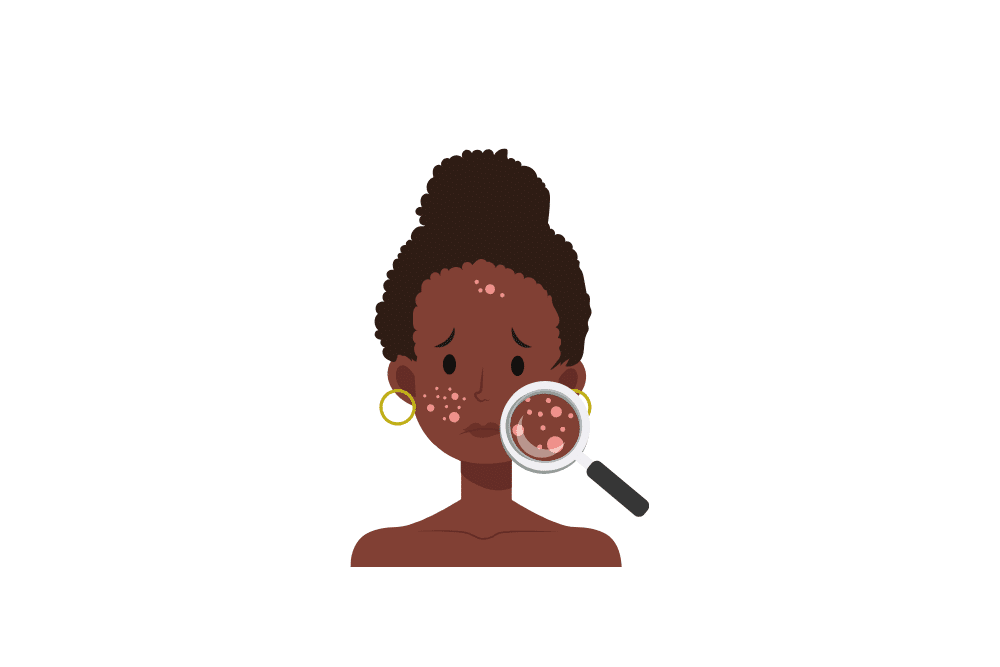
Weighing the Options: Benefits and Drawbacks of Pimple Popping
Popping pimples – it’s a temptation for many people when faced with a stubborn blemish. But before you give in to the urge, take a moment to weigh the pros and cons of this common skincare practice.
Benefits of Pimple Popping
Immediate Relief
Let’s face it – there’s something oddly satisfying about seeing that pus-filled pimple deflate before your eyes. Popping a zit can provide instant relief from the pressure and discomfort associated with swollen, inflamed lesions.
Faster Healing
By removing the contents of a pimple, you may expedite the healing process, allowing the skin to repair itself more quickly. This can be especially true for superficial blemishes that are ready to be extracted.
Reduced Swelling
Popping a pimple can help reduce inflammation and swelling, making the affected area appear less red and prominent.
Drawbacks of Pimple Popping
Risk of Infection
Popping pimples can introduce bacteria from your fingers or nails into the open lesion, increasing the risk of infection. This can lead to further inflammation, delayed healing, and potentially more severe acne lesions (also known as cystic acne).
Acne Scarring
Aggressive popping or picking at pimples can damage the surrounding skin tissue, leading to the formation of scars. These can range from superficial marks to more permanent, depressed scars that alter the texture of the skin.
Spread of Acne
Squeezing a pimple can force the contents deeper into the skin or spread bacteria to adjacent follicles, causing new breakouts to form in the surrounding area. This can result in a cycle of recurring acne lesions.
Hyperpigmentation
Post-inflammatory hyperpigmentation (PIH) – darkening of the skin due to inflammation – can occur as a result of trauma to the skin caused by popping pimples. These dark spots may persist long after the acne has healed, requiring additional treatment to fade.
While popping pimples may offer temporary satisfaction and relief, the potential risks and long-term consequences should not be overlooked. It’s essential to approach acne treatment with caution and consider alternative methods for managing breakouts, such as topical treatments, professional extractions, and preventive skincare routines.
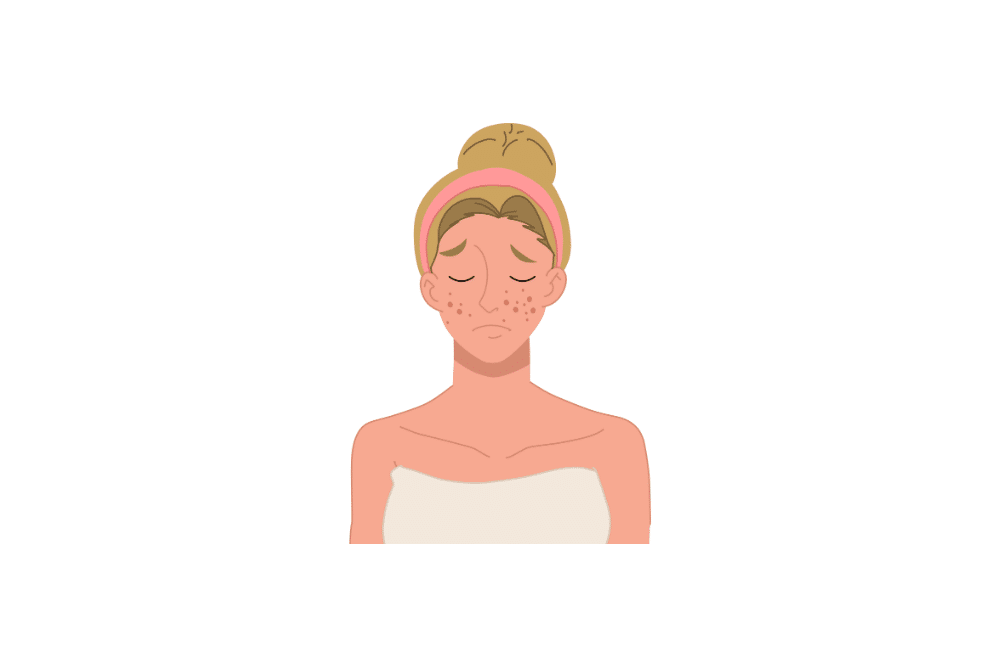
Safe Acne Popping Techniques
When it comes to dealing with pimples, popping them may seem like a quick solution. However, improper popping techniques can lead to scarring, infection, and further irritation. With the right approach, you can safely pop a pimple without causing unnecessary damage to your skin. Here’s a step-by-step guide to help you master the art of pimple popping:
Step-by-Step Guide
Prepare Your Tools: Before you begin, make sure your hands are clean and you have sterile instruments. Wash your hands thoroughly with soap and water, and sterilise a needle or comedone extractor with rubbing alcohol.
Softening the Skin: To make the acne extraction process easier and less painful, apply a warm compress to the pimple for 5-10 minutes. This helps soften the skin and open up the pores.
Choose the Right Time: Popping a pimple too early can cause more harm than good. Wait until the pimple comes to a head – you’ll notice a visible white or yellowish centre.
Gently Pierce the Pimple: Using a sterilised needle, make a small hole at the centre of the pimple. Be gentle and avoid applying too much pressure, as this can damage the surrounding skin.
Apply Pressure: Using clean fingers or a comedone extractor, apply gentle pressure around the base of the pimple. Push downwards and away from the surrounding skin to avoid spreading bacteria.
Stop if It Hurts: If you experience pain or resistance while trying to pop the pimple, stop immediately. Continuing to apply pressure can cause trauma to the skin and increase the risk of scarring.
Cleanse the Area: Once you’ve successfully extracted the contents of the pimple, cleanse the area with a mild cleanser and lukewarm water to remove any remaining debris and bacteria.
Apply a Spot Treatment: To help reduce inflammation and prevent further breakouts, apply a spot treatment containing ingredients like benzoyl peroxide or salicylic acid.
Avoid Touching the Area: Resist the urge to touch or pick at the area after popping the pimple. This can introduce bacteria and increase the risk of infection.
Follow Up with Skincare: Maintain a consistent skincare routine to keep your skin clean and healthy. Use non-comedogenic products and avoid heavy moisturisers that can clog pores.
By following these safe and effective popping techniques, you can tackle pimples with confidence and minimise the risk of complications. Remember, patience and proper hygiene are key to achieving clear, blemish-free skin.
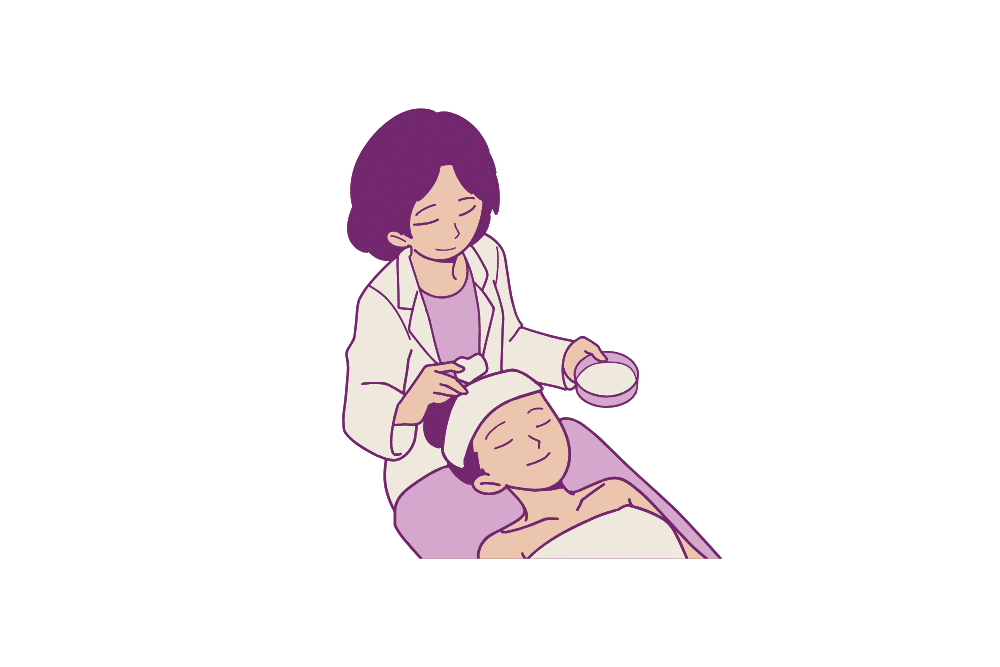
Gentle Alternatives: Non-Invasive Methods for Treating Acne
When it comes to dealing with acne, popping pimples isn’t your only option. There are gentle and effective alternatives that can help you manage breakouts and reduce the risk of acne scarring. Here are some recommendations:
Topical Treatments
Consider using topical treatments containing ingredients like benzoyl peroxide, salicylic acid, or retinoids. These ingredients work to unclog pores, reduce inflammation, and prevent new breakouts from forming. Youly offers prescription acne treatments tailored to your skin’s needs, prescribed by our expert medical team.
Professional Dermatological Advice
If over-the-counter treatments aren’t providing the desired results, seeking advice from a healthcare provider or dermatologist can be beneficial. Only a dermatologist or healthcare provider can properly assess your skin condition and recommend personalised treatment options, such as prescription acne medications or in-clinic procedures like chemical peels or laser therapy.
By exploring these alternatives to popping pimples, you can effectively manage your acne and achieve clearer, healthier skin. Remember to maintain a consistent skincare routine and consult with a healthcare professional for personalised advice tailored to your specific needs. With the right approach, you can address acne concerns safely and effectively.
